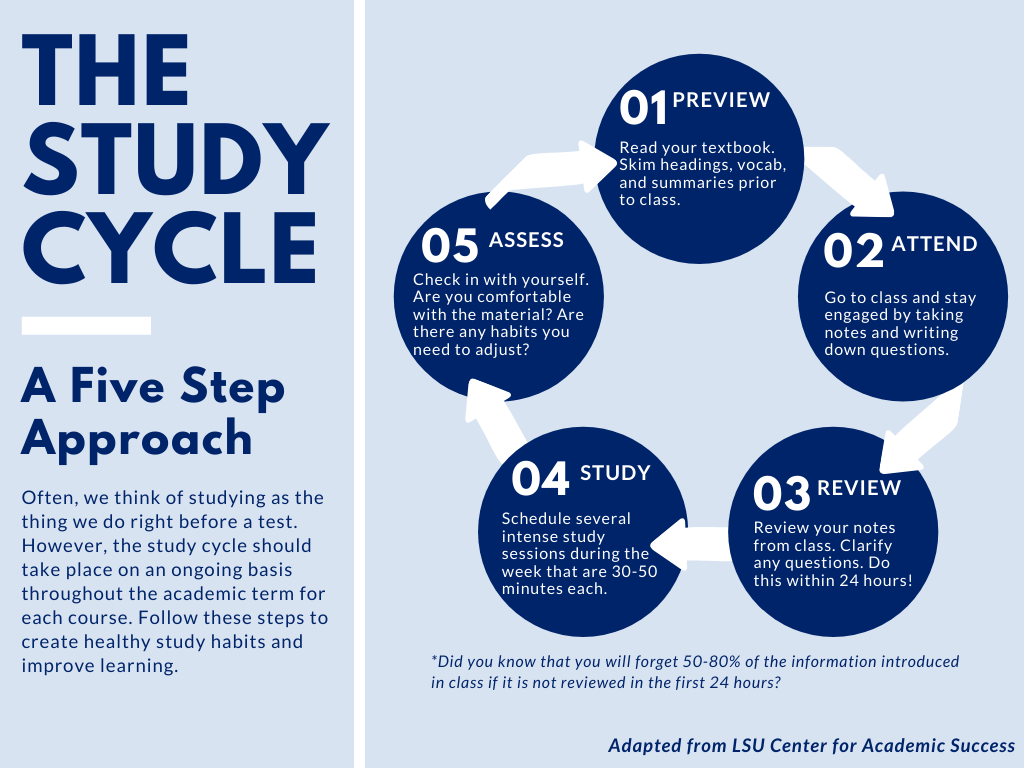As teenagers navigate the tumultuous waters of adolescence, the role of mentorship can be a beacon of hope and guidance. Life mentoring provides the support and direction that many young individuals need to thrive. But how can mentors effectively empower teens to develop confidence, resilience, and lasting success through life mentoring?
This comprehensive guide delves into strategies that foster growth and achievement, helping mentors facilitate meaningful changes in their mentees’ lives.
The Importance of Life Mentoring for Teenagers
Adolescence is often a time filled with uncertainty and self-doubt. Life mentoring becomes a crucial component in providing teens with the emotional and psychological support necessary for navigating these challenges.
By fostering a trusting relationship, mentors can guide teens to understand their strengths and weaknesses. This can ultimately enhance their resilience.
Moreover, the skills learned through effective life mentoring transcend adolescence. It equips teens with tools necessary for adult life. Whether it’s making informed career choices or fostering healthier relationships, the benefits of mentoring are profound and far-reaching.
Building Trust and Rapport
Establishing a strong foundation of trust is vital in the mentor-mentee relationship. Teens are more likely to open up and engage if they feel safe and respected. This rapport can be built by:
- Listening actively to their concerns
- Showing genuine interest
- Making time for regular check-ins
Psychologists emphasize that fostering a safe environment promotes a sense of belonging. This is a key element in encouraging teens to express themselves.
Setting Goals Together
Goal setting is a powerful tool in life mentoring. Collaborating with teens to set attainable, measurable, and realistic goals gives them a sense of purpose. Start by asking open-ended questions that help them identify their aspirations.
Once a goal is identified, help break it down into manageable steps and create a timeline for achieving it. This approach not only encourages accountability but also empowers teens to take ownership of their success.
Developing Life Skills Through Activities
Incorporating practical activities into life mentoring can enhance the learning experience for teens. Activities that develop critical thinking and problem-solving skills can be both educational and enjoyable. Consider organizing workshops or group activities that focus on:
- Conflict resolution and communication skills
- Time management and organization
- Decision-making processes
These experiences not only build life skills but also foster a sense of community among teens. This is essential for their emotional well-being.
Providing Constructive Feedback
Feedback is a vital aspect of life mentoring, as it contributes to personal growth. Constructive feedback encourages teens to reflect on their actions and learn from their mistakes. When providing feedback, ensure it is:
- Specific and focused on actions
- Balanced
- Timely
This approach helps instill a growth mindset in teens. This teaches them that failure is often a stepping stone toward success.
Encouraging Independence and Self-Advocacy
Effective life mentoring should ultimately aim to make teens independent thinkers. Encourage them to voice their opinions, make decisions, and seek solutions to their problems. Discuss scenarios where they can practice skills like:
- Negotiating with peers or adults
- Expressing their needs and wants
- Seeking help when necessary
The more equipped they feel to advocate for themselves, the more confident they will become in their abilities.
The Role of Emotional Intelligence
Emotional intelligence is an essential aspect of life mentoring. Helping teens understand their emotions and how to manage them is crucial for their personal development. Activities that promote emotional awareness can include:
- Journaling about their feelings
- Role-playing different social scenarios
- Practicing mindfulness techniques
By enhancing their emotional intelligence, you enable them to navigate social situations and relationships with greater ease.
Incorporating Technology into Life Mentoring
In our digital age, technology can serve as a valuable tool in life mentoring. Leveraging online resources, apps, and platforms geared toward teen development can provide accessible information and support.
People in recovery can use helpful tools like apps that let them track their goals and see how far they’ve come. They can also join online groups to talk with others going through the same thing.
Some even have virtual teen coaching, where they get support from a coach through the internet. This makes it easier to get help anytime, anywhere.
Encouraging teens to engage with technology in productive ways can enhance their learning experience and broaden their horizons.
Cultivating a Growth Mindset
Promoting a growth mindset is a cornerstone of effective life mentoring. Encourage teens to view challenges as opportunities to learn and improve rather than obstacles.
To help teens believe in themselves and grow, it’s good to try a few things. You can share stories of people who faced hard times but still reached their goals.
It also helps to cheer for small wins and to support trying new hobbies or learning something different. This kind of positive thinking builds strength and helps teens do well in life.
Fostering Resilience Through Challenges
Life is filled with challenges. and fostering resilience is key to navigating them successfully. Encourage teens to face setbacks head-on and reflect on what they can learn from these experiences.
To help kids believe in themselves and grow, there are some simple things that can really help. Telling them stories about people who had a hard time but didn’t give up can show them that success is possible. Celebrating small wins, like finishing a book or learning something new, makes them feel proud.
Encouraging them to try new hobbies or explore fun things helps build confidence. All of this teaches kids to keep going, even when things are tough.
By developing resilience, teens become better equipped to handle life’s unpredictability.
The Impact of Life Mentoring in the Long Run
The influence of effective life mentoring can have lasting effects on a teen’s future. Mentored youths are more likely to pursue higher education, establish strong relationships, and succeed in their careers. This highlights the profound effect that life mentoring can have on individuals.
Empowering Teens Through Life Mentoring
Life mentoring serves as a powerful tool in guiding teenagers toward success. By building strong relationships, fostering resilience, and developing essential life skills, mentors can play an instrumental role in shaping a young person’s future. The strategies discussed can be implemented by mentors to create meaningful and impactful experiences.
Consider utilizing these approaches in your own journey of teen coaching and watch the transformation unfold.
For more mentoring tips, check out our blog posts.

Dilawar Mughal is an accomplished author with a passion for storytelling. His works span various genres, from thrilling mysteries to heartfelt romance novels. With a keen eye for detail and a knack for character development, Sana Fatima weaves engaging narratives that captivate readers and transport them to new worlds.










